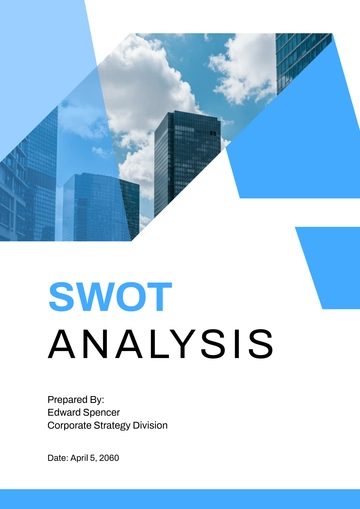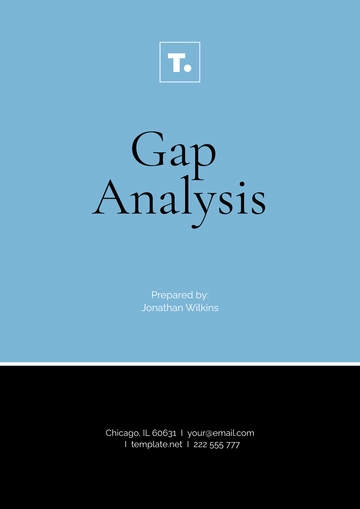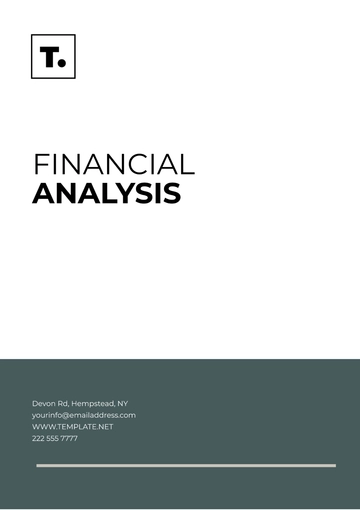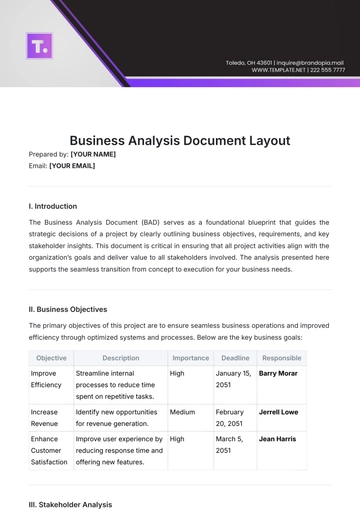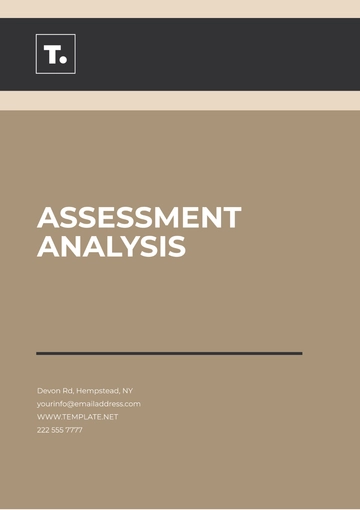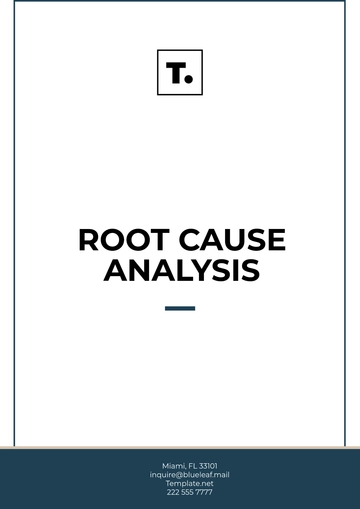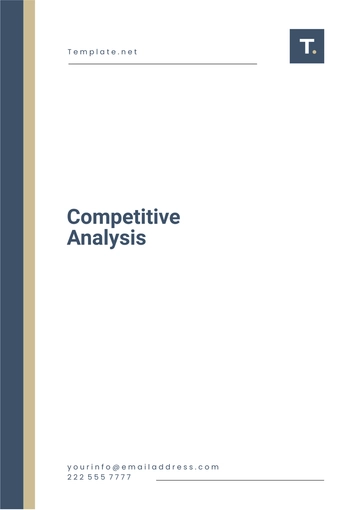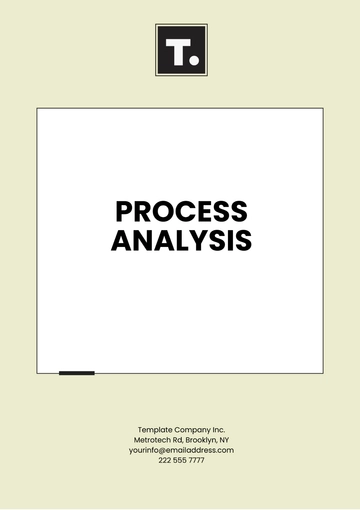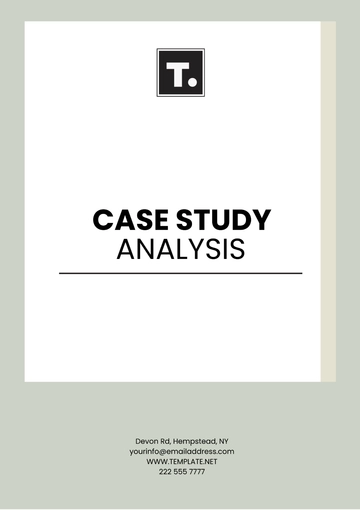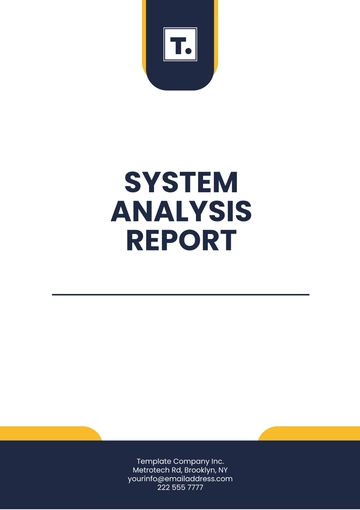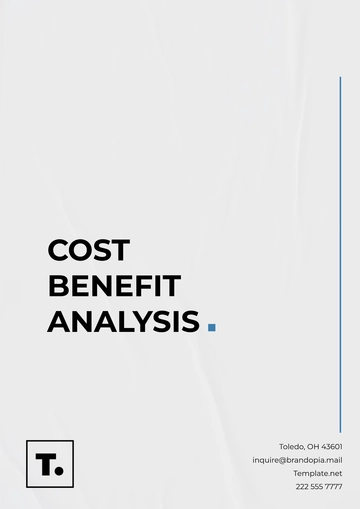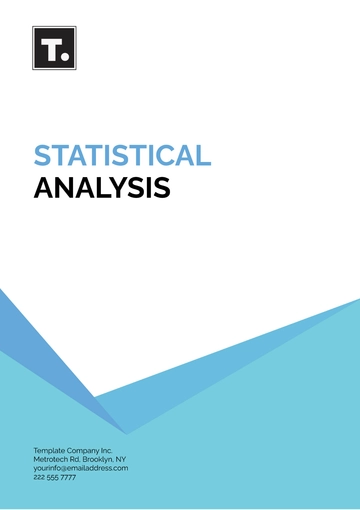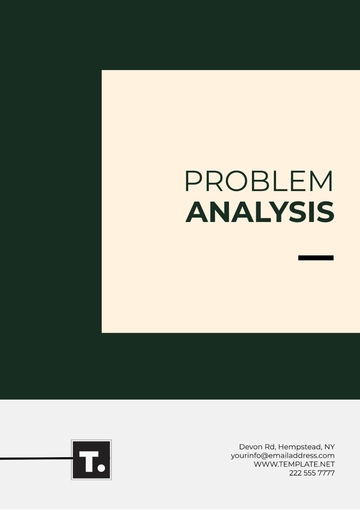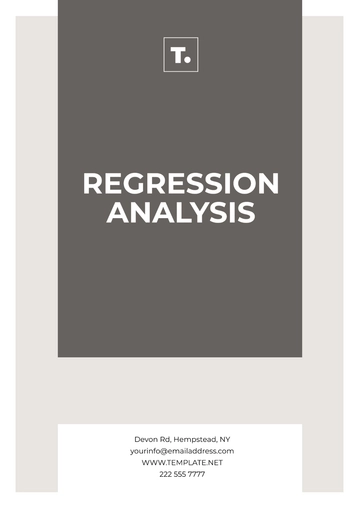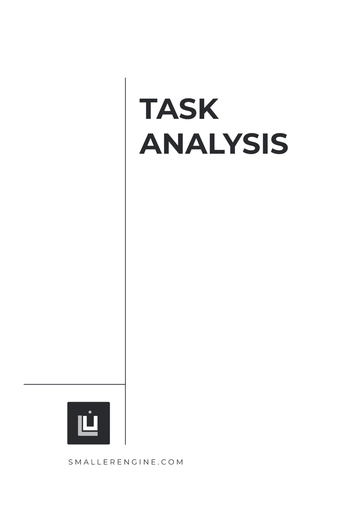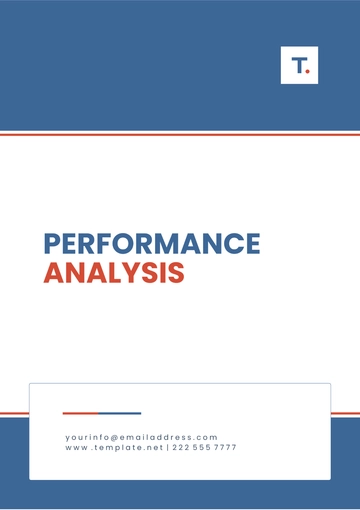Free Complex Analysis Syllabus
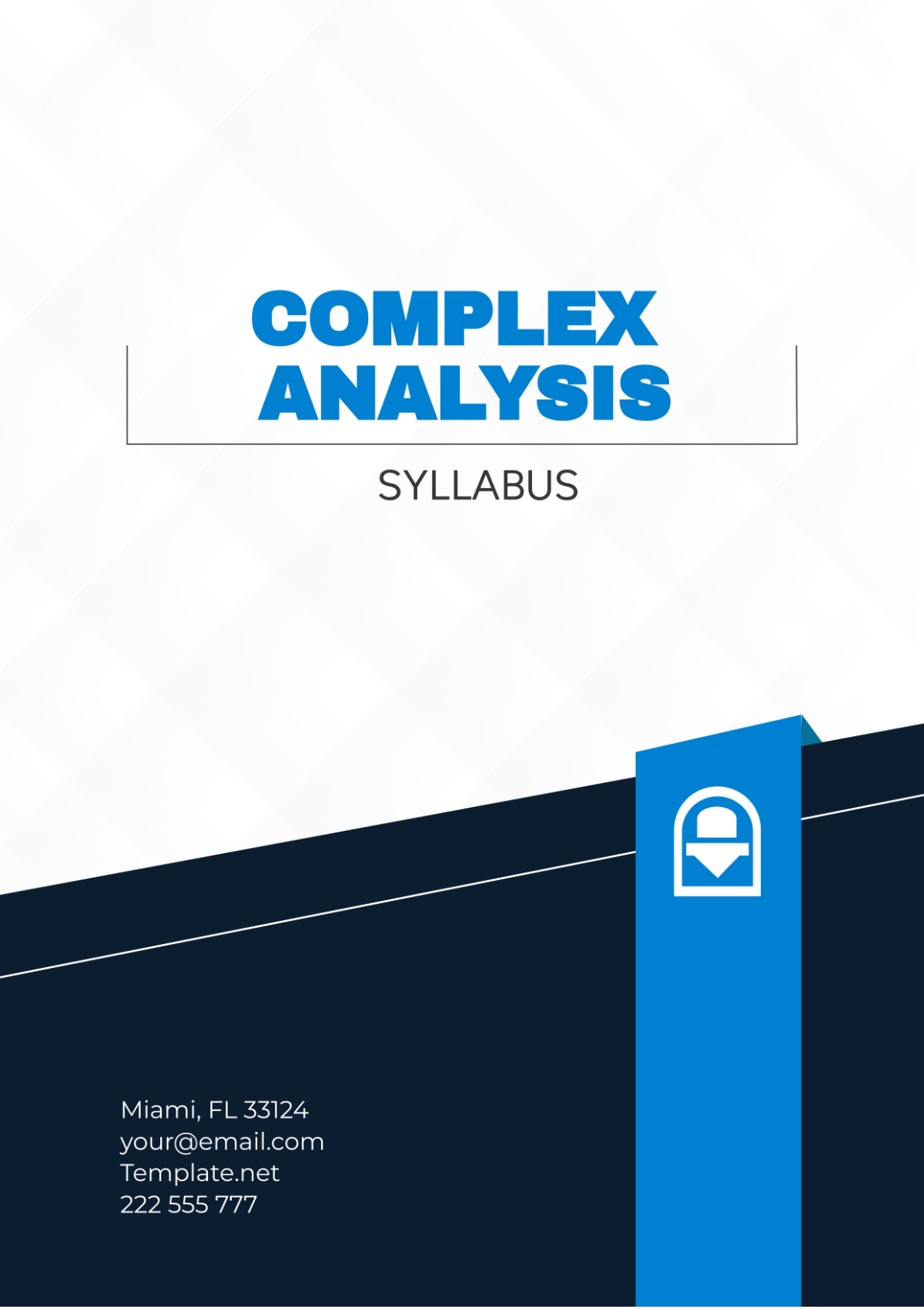
Complex Analysis Syllabus Course
Course Title: | [COURSE TITLE] |
Credits: | [CREDITS] |
Instructor: | [INSTRUCTOR] |
Schedule: | [SCHEDULE] |
Location: | [LOCATION] |
Textbook: | [TEXTBOOK] |
Description: | [DESCRIPTION] |
Assessments: | [ASSESSMENTS] |
Grading: | [GRADING] |
Office Hours: | [OFFICE HOURS] |
1. Instructor Information
Organization: [YOUR COMPANY NAME]
Instructor: [YOUR NAME]
Contact: [YOUR EMAIL]
2. Course Description
This course will provide an introduction to complex analysis which involves the theory of complex numbers and complex functions. The main aim is to help students get a solid understanding of concepts like complex differentiation, integration, power series and residue theory. Complex analysis is a vivid subject that has an integral role in various areas of mathematics, engineering, and physics.
3. Learning Objectives
To understand the fundamental concepts of complex numbers and complex functions.
To master complex differentiation and integration.
To solve problems using power series.
To apply the principles of residue theory in practical applications.
To develop problem-solving skills incorporating a wide range of complex analysis topics.
4. Course Schedule
Week | Topic | Readings |
|---|---|---|
1 | Complex Numbers |
|
2 | Complex Functions |
|
3 | Limits and Continuity |
|
4 | Complex Differentiation |
|
5 | Complex Integration |
|
6 | Power Series |
|
7 | Residue Theory |
|
8 | Mapping and Conformal Mapping |
|
9 | Analytic Continuation |
|
10 | Review |
|
5. Required Reading and Materials
"Complex Analysis" by Ahlfors, L. This book is the primary textbook for the course.
"Visual Complex Analysis" by Needham, T. This is a supplemental book that provides a geometric view of complex analysis.
"Functions of One Complex Variable" by Conway, J.B. This book is a deeper dive with emphasis on proofs.
Additional papers and articles as assigned.
Scientific calculator.
6. Assignments and Assessments
Weekly problem sets. These assignments are designed to reinforce the concepts covered that week.
Midterm Exam. This closed-book exam will cover everything taught in the first half of the course.
Final Exam. The final exam is comprehensive and covers everything taught in the course.
Final Project. Students will select a topic related to complex analysis for a deeper study and present it at the end of the course.
Class Participation. Active participation in class discussions and problem-solving activities is encouraged.
7. Course Policy
Attendance: Regular attendance is essential for understanding and mastering course materials.
Homework: Homework assignments are due at the beginning of class. Late homework will not be accepted without a valid reason.
Exams: All exams are closed-book and no electronic devices are allowed.
Academic Integrity: Students are expected to maintain high standards of academic honesty and integrity.
Accessibility: If you have a disability or require special accommodations, please let me know as soon as possible.
8. Grading Policy
Grades will be based on the combination of class participation (10%), homework (40%), midterm (20%), final exam (20%), and final project (10%).
9. Disclaimer
This syllabus, which serves as a course guide, may have alterations or adjustments in the future as deemed necessary. Should there be any updates, changes or modifications to the content or structure of this syllabus, it will be promptly and efficiently announced during the class. Furthermore, these changes will also be communicated using email so each student will be directly and personally informed about these revisions on the syllabus. Therefore, it's encouraged for all students to monitor their emails regularly to keep updated with any potential changes.
- 100% Customizable, free editor
- Access 1 Million+ Templates, photo’s & graphics
- Download or share as a template
- Click and replace photos, graphics, text, backgrounds
- Resize, crop, AI write & more
- Access advanced editor
Introducing the Complex Analysis Syllabus Template from Template.net – your solution for crafting comprehensive course outlines effortlessly. This editable and customizable template, seamlessly editable in our Ai Editor Tool, empowers educators to tailor syllabi to their exact needs. Simplify syllabus creation and elevate your teaching experience today!
